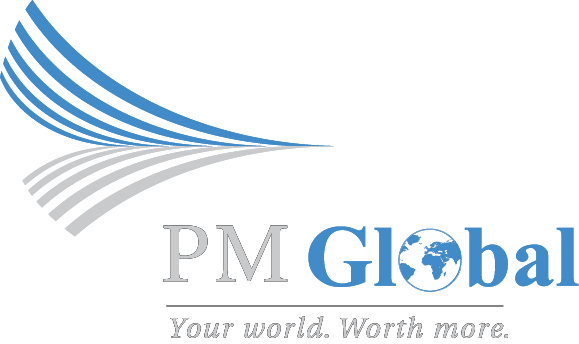The below is guidance published by the Low Incomes Tax Reform Group (LITRG).
- What is the Self-employment Income Support Scheme and can I use it?
This new scheme has been set up by the government to provide support for those who are self-employed, either as a sole trader or a partner in a partnership.
- Who is eligible for the Self-employment Income Support Scheme?
It is not available for people who work through their own companies and so receive wages through the PAYE system.
You will be eligible for the Self-employment Income Support Scheme if all of the following apply (please note that when we refer to self-employed this includes a partner in a partnership and when we refer to self-employment income/profits this includes partnership trading income/profits):
- a) you are currently self-employed (this includes if you have had to temporarily stop trading because of the coronavirus) and intend to continue trading in the next tax year (2020/21)
- b) you have submitted or should have submitted a Self Assessment tax return for the 2018/19 tax year which included self-employment profits (see below about what to do if you have not submitted a return yet.
- c) your self-employment income has reduced because of the coronavirus.
- d) your self-employment profits make up 50% or more of your income, (so if you are self-employed and an employee and your tax returns show you earn more from your employment then you will not be eligible for this new scheme)
- e) and your self-employment profits are less than £50,000.
If either condition (d) or (e) does not apply then HMRC will allow you to average profits over the 2016/17, 2017/18 and 2018/19 tax years so that if the average self-employment profits for these three tax years were below £50,000 and these profits were more than 50% of your average taxable income over the period, then these conditions will be treated as met.
- What will I receive under the Self-employment Income Support Scheme?
HMRC will directly contact you if they consider you are eligible for the scheme and you can apply to receive a taxable grant of 80% of your average profits from self-employment for the 2016/17, 2017/18 and 2018/19 tax years,
There is a monthly maximum limit of £2,500 and this scheme will initially cover three months.
Example
Sean has self-employment profits for the last three tax years, he has no other income, he is unable to work because of the coronavirus but is planning to get back to work as soon as he can:
2016/17 tax year £20,000
2017/18 tax year £26,000
2018/19 tax year £29,000
HMRC will contact Sean to invite him to make a claim which he does through GOV.UK and will calculate his grant as £5,000 which will be paid directly into his bank account.
The grant is calculated as £20,000 + £26,000 + £29,000, which totals £75,000 and averages at £25,000 per tax year.
Sean can receive from the government 80% of his average profits of £25,000 for three months so £25,000 x 80% x 3/12, which is £5,000. This will be treated as taxable income.
- What if I am receiving tax credits?
If Sean claims tax credits he will need to include this grant as part of his income.
- What if I am receiving universal credit?
There is currently no guidance as to how the payment will be treated for universal credit, and when it will be taken into account. We will update this section as soon as this is available.
- What if I haven’t been self-employed for all of the last 3 tax years?
If you have not been self-employed for the previous three tax years (2016/17, 2017/18 and 2018/19) then HMRC will use the information based on the submitted tax returns they have received. So, in the case of Sean (see the example above) if he had only been self-employed from 2018/19 then HMRC will only look at his 2018/19 tax return. His grant will be calculated as follows:
£29,000 at 80% for 3 months, which is £5,800.
Be careful of fraudsters pretending to be HMRC or the government and requesting your bank account details. You will be asked to access the SEIS through GOV.UK.
- What if I haven’t submitted my 2018/19 tax return yet?
Your 2018/19 tax return should have been submitted by 31 January 2020. If you have yet to submit your tax return and you want to be considered for this scheme then you need to submit your tax return by 23 April 2020. It is not yet clear whether any late filing penalties will still be charged in connection with the late submission of these returns.
The quickest way to submit your tax return will be using HMRC online and if you are not registered to use HMRC’s online services you should do as soon as possible as it can take a few weeks to receive your log-in details. Our self-employment section explains how to register if you are new to self-employment, how to register to use HMRC online services and provides information on how to prepare your business accounts and tax return.
- What if my self-employment began after 5 April 2019?
Unfortunately, if you were not self-employed in the 2018/19 tax year and so did not submit a 2018/19 tax return showing any self-employed income then you are not eligible for this scheme. You may qualify for other government support.

